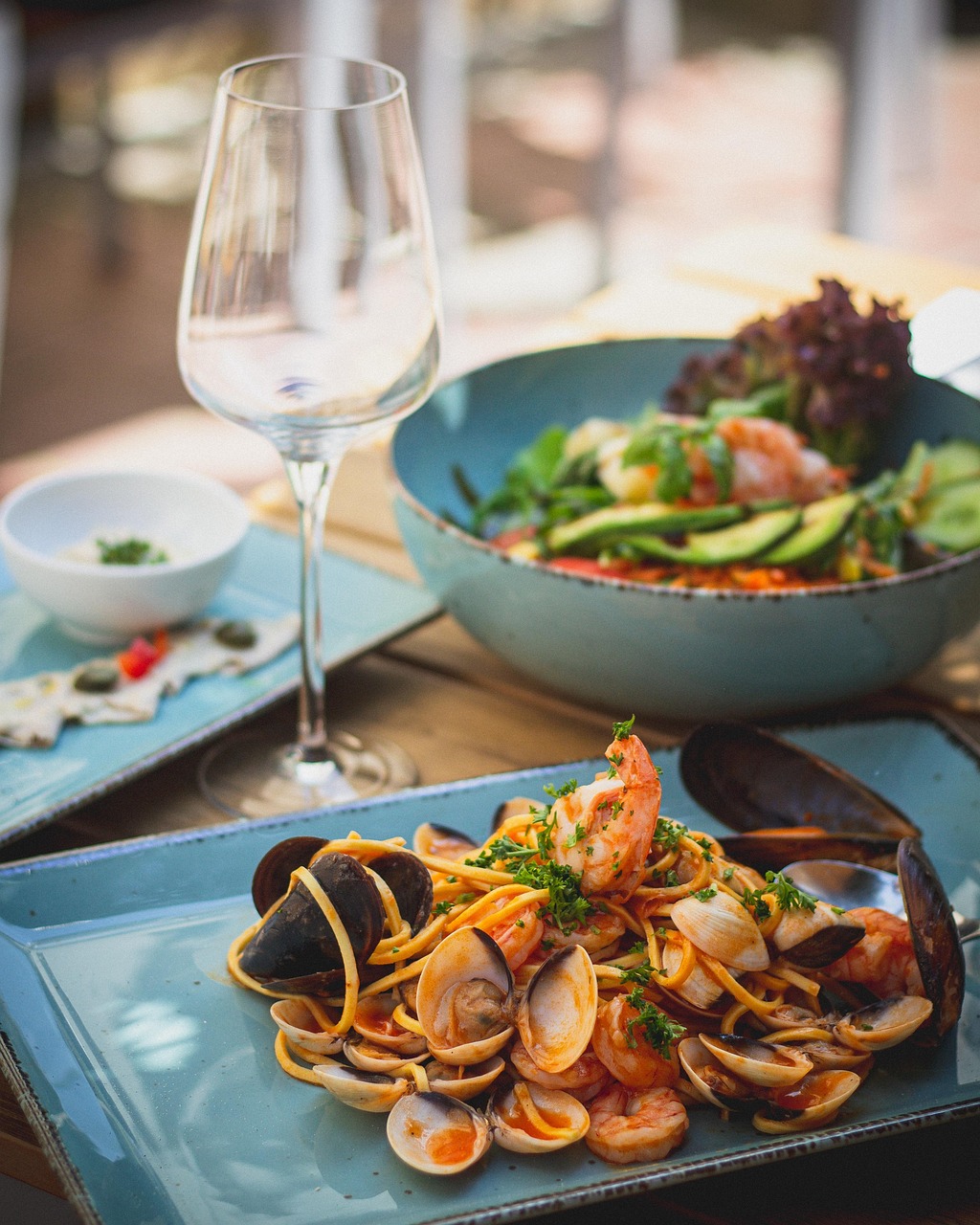How To Stop Doom Spending – Now

Jun 29 | 2025

Image by Amaurys Puello Martinez for Unsplash
This article includes affiliate links. We may earn a commission if you make a purchase, with no extra cost to you. We all know the feeling. You’ve had a stressful day, the news is bleak, the cost of rent, utilities, groceries, gas—just about everything — and suddenly, you find yourself clicking “Buy Now” on something









